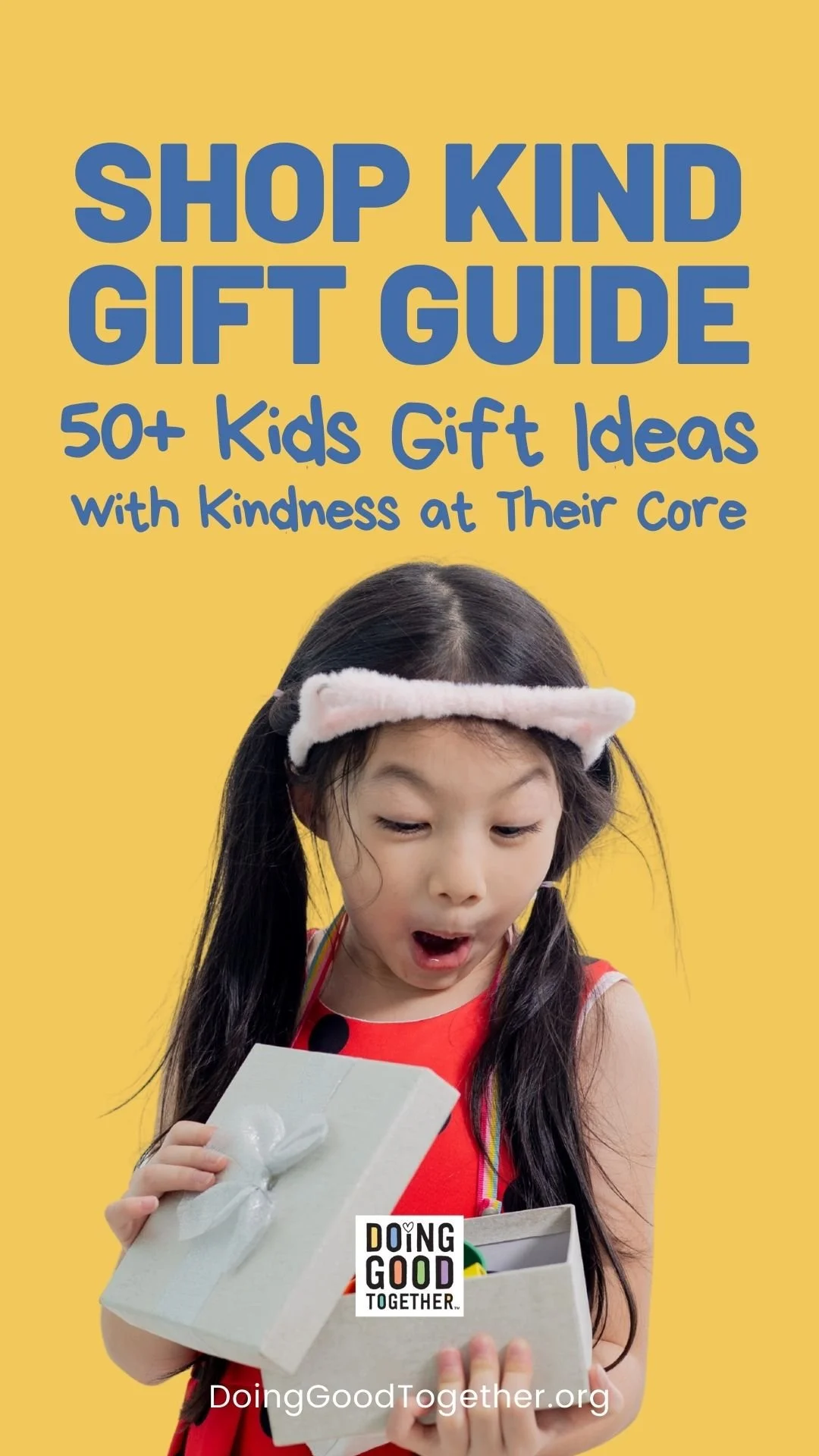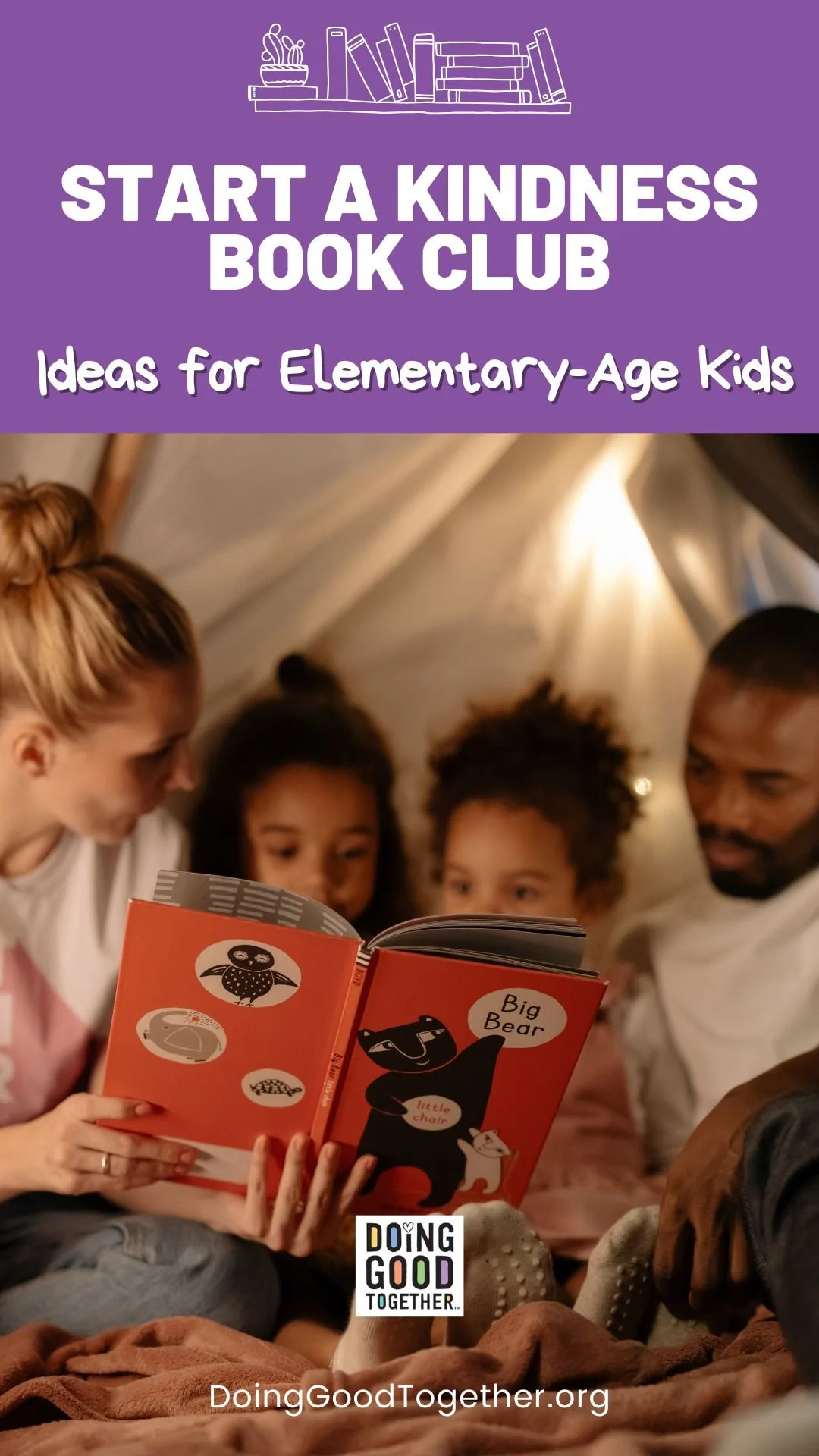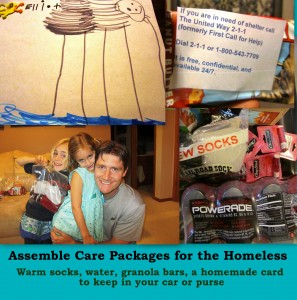Here is an excellent project to inspire your young readers, support our troops, and talk about citizenship and patriotism during this election season. I'm re-posting this from last fall, assuming that if I needed a reminder of this outstanding family volunteer opportunity, you might too. Also check out the Guest Post from Andrea Hoshmand McAfee, Vice President of Operation Paperback,
Check out Operation Paperback for a great project that doesn't take long and is energizing for a young, enthusiastic reader. 
Miss First-Grader is consuming simple chapter books at a pace that puts me in the mood for a good Nancy Drew. Her new-found love of reading (especially the Pony Crazy Princess and My Weird School series) has her so excited that Operation Paperback seemed like the perfect way to spend a little bit of our MEA weekend.
This girl already looks forward to her time spent reading before bed, so she had no trouble imagining that soldiers, far from home and family, would enjoy the distraction and comfort of a good book.
This project was so easy.
First, we asked our friends and neighbors to contribute any good paperbacks they could. We also picked a few off of our own bookshelves. We had a big box full in no time! My little reader loved this part, checking out titles, putting a couple of books aside to read when she's older (Anne of Green Gables, Wicked). Beware, though, I did have to censor a few back covers on the more thrilling murder mysteries.
Next, we signed up on the Operation Paperback site. Once you are a registered volunteer, this can be an easy, on-going project. In fact, we haven't mailed all of the books we collected yet - we ran out of the right sized box. As we get more, we'll send more. When you have a few books and a little time, just pop on the site, let them know what genre of book you have, and get the name and address of your recipient. Oh, and they offer easily printable labels for the books and a cover letter.
Then, we packed our boxes. We sent two, adding four mystery and crime novels in one and four history and memoir in the other. We also added the Operation Paperback cover-letter and a drawing from Miss First-Grader.
She actually struggled a bit as she wrote her thank you letter to the soldiers. She asked an important question.
"Mom, war is a bad thing, right? Then why are we helping the soldiers do war?" What a conversation starter. This was a great opportunity to talk about supporting our troops for their brave service even as we advocate for peace. It is such an important distinction. We talked while she drew a lovely, peaceful landscape. When she stopped asking questions, I let the subject drop, and she wrote a sweet thank you note.
Then, because it is Halloween season, she insisted on adding a few chocolates.
Finally, of course, we mailed the packages. Each box required a customs form, which took an extra couple of minutes. Thankfully, sending them as media mail meant that each package only cost about $3 to send.
Let's hope our soldiers like the books and the chocolate. I know my daughter and I enjoyed spending our time together sending a little kindness and some good stories into the world.









